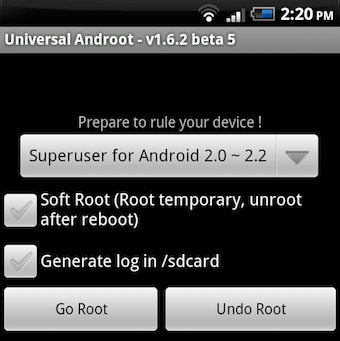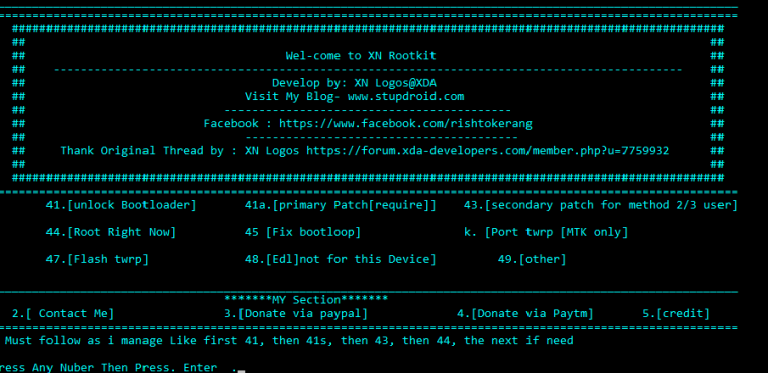
Disable financial or copyrighted apps, like Google Pay, Mobile banking, Sky Go, Netflix, etc.Create security vulnerabilities, such as disclosing data, installing malware, etc.The reasons for not rooting your Android device: Install specialized apps and flash the custom ROMs, improving the device performance.Make disabled settings possible, like wireless tethering.Uninstall bloatware that you cannot get rid of.The reasons for rooting your Android device: Why Should You Root or Not Root Android Device? Learn more: With this guide, you can move videos from your PC to Android efficiently. Have issues with banking or payment apps.Growing security issues and make your device vulnerable to malware or viruses.Destroy your Android device completely.Back up your Android device comprehensively.Enjoy rooted features, like spying on someone's SMS or WhatsApp.Install apps from other resources rather than the Play Store.



Thus, getting a full understanding of rooting is important before taking any steps.

But it goes with deadly risks - if something goes wrong, it will ruin the operating system and make your warranty useless, leaving you with a broken or unusable device. Rooting an Android phone or tablet is the quickest way to get the overall control of the device. Many people love using Android smartphones or tablets because they are much more flexible and customizable than other operating systems.


 0 kommentar(er)
0 kommentar(er)
